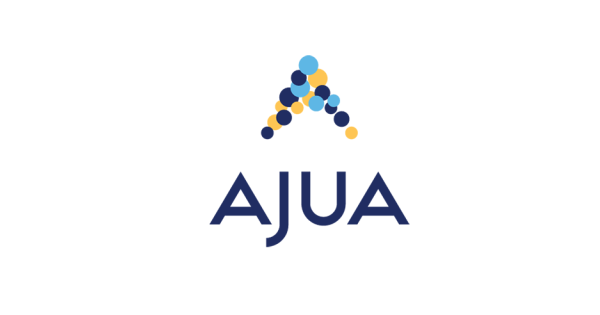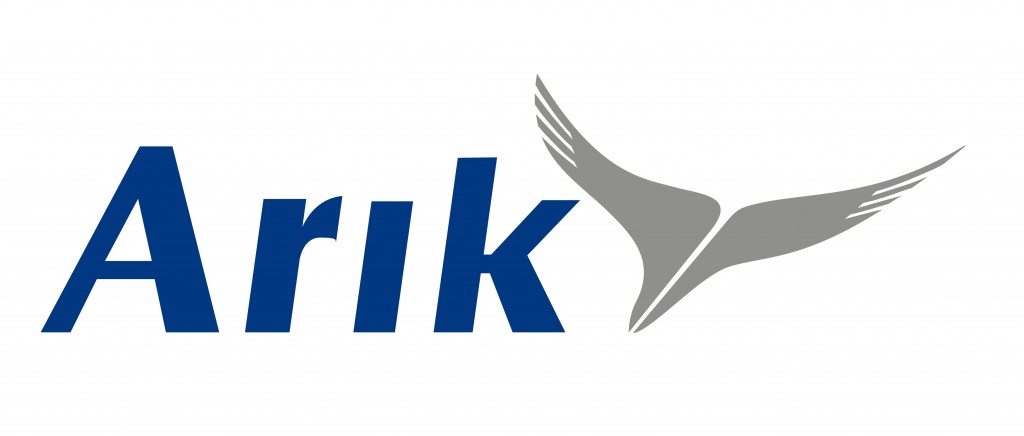News
Facebook, Ajua Sign Agreement to Empower African SMEs with Automated Customer Support

Ajua signs an agreement with Facebook to automate commercial interactions and customer support for businesses through WhatsApp. This partnership is one of two in Africa of companies that are directly partnered and integrated with Facebook.

Facebook is currently facilitating the growth of entire economies in Africa through WhatsApp.
There has been an upsurge of businesses on the continent taking advantage of the platform to sell goods and provide services. This has created a growing need for social media-based customer support to drive a holistic shopping experience.
Ajua’s Janja platform enables automated customer support, borderless banking, and payments across apps and social media platforms. The platform aims to change how we shop and engage with our customers by making the process quick, easy, and painless.
Speaking on the impact of the partnership to businesses in Africa,Teddy Ogallo, VP of Product, Merchant services for Ajua said, “Ajua aims to implement a combination of its proven Ajua 360 platform, Ajua Merchant and the award winning Janja solution to give businesses across Africa an accessible set of tools that will help them increase their market reach, receive secure payments on mass reach platforms like WhatsApp and automate customer issue resolution and feedback collection.
“Businesses across Ajua’s African markets will now be able to access WhatsApp business API in minutes, upload their products, knowledgebase of their services and start enjoying an enhanced interaction with their customers straight from their mobile phones or web devices without having to invest in cumbersome integrations or enterprise sales cycles.”
This partnership will revolutionize e-commerce for Micro-Small and Medium Sized Enterprises (MSMEs) in Africa by making the shopping experience more seamless for customers which could result in more sales. With over 40M SMEs in Nigeria alone, Ajua will be able to maximise their revenues and increase their operational efficiency by automating their customer interactions.
WhatsApp has become the preferable platform for small businesses in Africa. Kenya has the highest percentage of monthly WhatsApp users compared to the rest of the world.
According to the Global Web Index’s 2020 Social Media User Trends Report, a whopping 97% of internet users in Kenya use WhatsApp every month. For more perspective into how popular the platform is in Africa, Nigeria had approximately 33 million active social media with over 90 million users as of January 2021.
In conclusion, as several SMEs continue to look for ways to acquire more customers, many are beginning to realize that exceeding customer expectations is key to standing out above their competitors and improving customer retention.
“The Salon business is highly relational. People tend to visit the same barber all the time so we have to work hard to maintain our customers. We try to be unique to keep our customers coming back.” Shared Peris, Director, Aloe Barber & Spa.
Ajua continues to stay committed to listen to our customers and improve the solutions that we have to ensure we can serve Africa and the globe as we chart new territories in the technology world.
News
PalmPay Launches CSR Initiatives to Empower Women, Foster Financial Literacy in Northern Nigeria

In a strategic move to expand financial inclusion in Nigeria, leading mobile banking platform, PalmPay has launched a series of CSR programs across Kano and Kaduna. The CSR initiative named “Passing the Baton” represents the brand’s commitment to passing on knowledge and providing the resources individuals and businesses need to achieve financial independence and drive economic empowerment.

This initiative is a bold move by PalmPay to bridge the opportunity gap in the North by providing financial literacy training and micro-business branding support to 5,000 women-owned businesses in Kano and Kaduna. This strategic initiative reaffirms PalmPay’s commitment to inclusive development and economic empowerment, particularly in underserved regions.
“At PalmPay, we believe that real financial inclusion must be far reaching and cover the grassroots,” said Chika Nwosu, Managing Director of PalmPay. “Our new CSR program is focused on supporting gender equity by equipping women with the knowledge, tools, and visibility they need to thrive as entrepreneurs in their communities.”
Through this initiative, beneficiaries will receive free health insurance, hands-on training workshops, enhanced store branding to boost visibility, and branded merchandise to strengthen their business presence.
The initiative is part of PalmPay’s broader strategy to extend its innovative solutions, expand its footprint in Northern Nigeria, while building sustainable partnerships with local stakeholders for long-term impact.
In a show of support, His Royal Highness, the Emir of Kano, Dr. Muhammadu Sanusi II, has endorsed the initiative, calling on other stakeholders to join forces with PalmPay in ensuring the North benefits fully from the growing digital economy. PalmPay has received commendation from community stakeholders, as the initiative aims to serve as a model for similar projects across other northern states.
As PalmPay continues to scale across Nigeria, the company remains committed to bridging the financial inclusion gap and empowering underserved groups, particularly women and youth, through its innovative solutions and impact initiatives.
News
EFCC Witness Admits Writing Off Arik Air’s $2.3M Debt Amid N76Bn Fraud Trial


News
Anambra Shines in 2025 E-Governance Rankings, Setting National Standards

Anambra State has once again demonstrated its leadership in digital transformation, emerging as one of Nigeria’s top three states in the 2025 e-Governance Report published by the Panorama CIAPS Governance Performance Index (CGPI).

According to the report — a collaborative effort between Nigerian Panorama and the Commonwealth Institute of Advanced Professional Studies (CIAPS) — Anambra ranks alongside Lagos and Enugu as the leading states in adopting and implementing e-governance practices that foster accountability, transparency, and improved service delivery.
In his remarks, Professor Anthony Kila, Director of CIAPS, emphasized the importance of e-governance in shaping how governments interact with citizens. “The centrality of e-governance allows us to assess the performance of state governments in the country. How the government treats the digital world says a lot about them,” he said.
The report evaluated states based on a comprehensive set of criteria, including website security, up-to-date content, public engagement, availability of online services, policy updates, and user accessibility. Anambra’s performance reflects the state’s deliberate investment in digital infrastructure and its commitment to leveraging technology as a tool for inclusive governance.
Reacting to the recognition, the Managing Director/CEO of the Anambra State ICT Agency, Chukwuemeka Fred Agbata, CFA, described the report as a welcome validation of the efforts being made under the leadership of Prof. Charles Chukwuma Soludo, CFR, to reposition Anambra as a liveable and prosperous smart mega-city.
“This is not just about being tech-savvy,” Agbata said. “It’s about using digital tools to create real impact — making the government more accessible, responsive, and transparent. Anambra is building a digital future that works for everyone.”
The CGPI Report recommended that all states intensify efforts to train public servants, maintain digital platforms effectively, and build user-friendly systems that keep citizens informed and empowered. For Anambra, this recognition serves both as a milestone and a motivation to scale new heights.
As the journey continues, Anambra remains focused on setting the pace for e-governance in Nigeria in line with the Governor’s mantra of Everything Technology & Technology Everywhere.

 E-Financial3 days ago
E-Financial3 days agoFidelity Bank Plc Wins 2025 DBN Innovation Award for MSME Support

 E-Business3 days ago
E-Business3 days agoNigeria Among Hotspots as Kaspersky Warns of Rising Ransomware Threat in Africa

 Telecom2 days ago
Telecom2 days agoMTN Nigeria Invests ₦900Bn in 2025 to Boost Network Quality in Lagos & Abuja

 E-Business3 days ago
E-Business3 days agoNDPC Probes Suspected Data Breach in Examination Centres

 Telecom3 days ago
Telecom3 days agoVitel Wireless Completes Interconnectivity with all Major Telcos in Nigeria

 Telecom3 days ago
Telecom3 days agoMTN inducted into Brand Africa Hall of Fame

 Telecom3 days ago
Telecom3 days agoeBusiness Life Girls In ICT: Stakeholders Call For More Action On Girls Participation In ICT

 General News3 days ago
General News3 days agoNigeria Approves $500m for AfDB’s Trust Fund Replenishment over Next 15 Years























